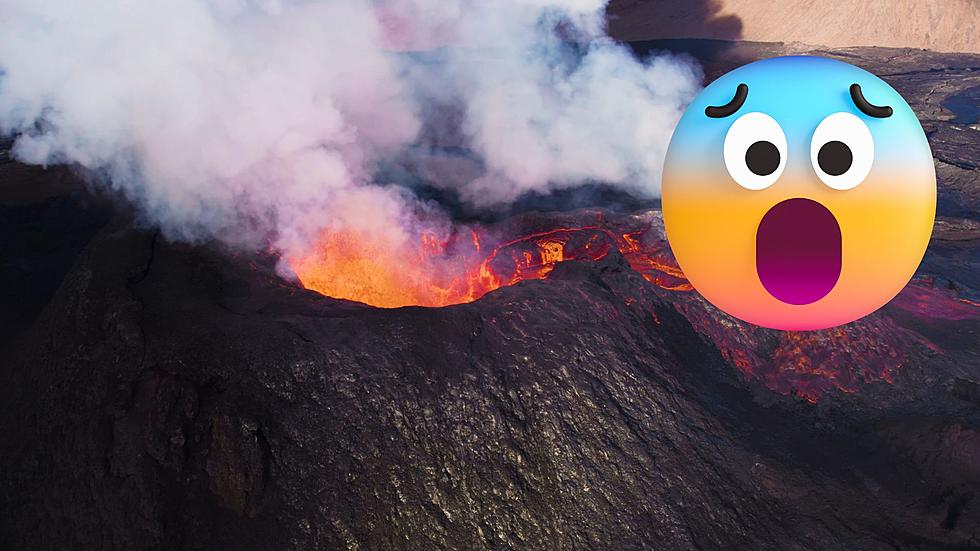
Removing Arrowheads from North Dakota’s Public Lands Is Unethical and Illegal
North Dakota's vast landscapes hold within them a treasure trove of history, a legacy left by the indigenous peoples who once roamed these lands.
Arrowheads, pottery fragments, and other artifacts scattered across public lands serve as silent witnesses to a bygone era, offering glimpses into ancient cultures and ways of life. However, the recent surge in illegal artifact removal threatens to erase this rich tapestry of heritage, not just from North Dakota but from our collective consciousness.
It's crucial to recognize that removing artifacts from public lands is not merely a legal issue but also a matter of ethics and respect for cultural heritage.
These artifacts are not mere trinkets or souvenirs; they are tangible links to our past, windows into the lives of those who came before us.
To plunder these archaeological sites is to rob future generations of the opportunity to connect with their history and to understand the complexities of the human experience.
The act of removing artifacts from public lands is a violation of both federal and state laws designed to protect cultural resources.
The Archaeological Resources Protection Act (ARPA) and the Native American Graves Protection and Repatriation Act (NAGPRA) prohibit the disturbance, excavation, or removal of artifacts from federal and tribal lands without proper authorization.
Violating these laws not only carries legal consequences but also perpetuates a cycle of exploitation and disrespect toward indigenous cultures.
Indigenous communities view these sites as sacred and consider the artifacts within them as part of their cultural heritage. To disturb these sites is to disregard the spiritual beliefs and traditions of Native peoples, further marginalizing communities that have already endured centuries of cultural erasure and oppression.

As stewards of the land, it is our responsibility to protect and preserve these archaeological sites for future generations.
We must respect the laws that safeguard our cultural heritage and recognize the intrinsic value of these artifacts beyond their monetary worth.
By upholding ethical standards and advocating for the preservation of public lands, we can ensure that North Dakota's rich history continues to inspire and educate for generations to come.
7 Examples That Prove Idaho Wants To Be Like California
Gallery Credit: Chris Cardenas
LOOK: 20 iconic rock songs written on the spot
Gallery Credit: Colleen Kilday
More From KEYZ AM 660









